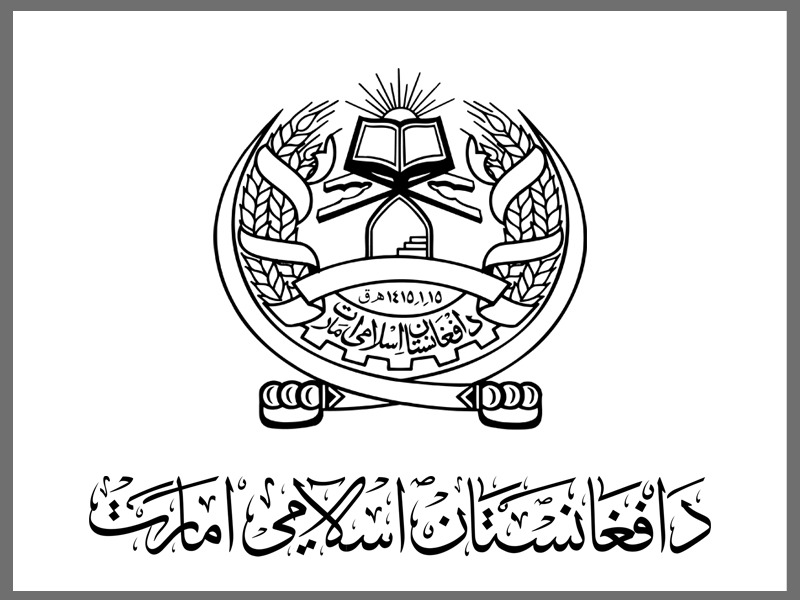After only a short episode of optimistic brouhaha, the situation in Afghanistan seems to be getting realistic, and, therefore, obnoxious. The prognostications of a peace deal between Taliban and the representatives of a republic system in the country are now figments of imagination. Taliban, looking at the exhausted international troops withdrawing, appear to be overzealous about the victory that they may never win. However, they seem to be gaining grounds in the ongoing clashes with the Afghan troops. A report by the UN sanctions monitoring team for Afghanistan, released on June 03, revealed that Taliban have “tightened their grip on power exercising direct control over more than half of the country’s district administrative centers while contesting or controlling up to 70% of territory outside of urban areas.” The report also warned of Taliban preparation to launch offensive on key cities and towns after the withdrawal of foreign troops. It also claimed that Taliban have not discontinued ties with Al-Qaeda as it had agreed in US-Taliban deal. Thus, Taliban seem convinced that they will be successful in salvaging a victory for themselves and recreate what they have been dreaming since their downfall – an Islamic Emirate in Afghanistan.
Unfortunately, it is not Taliban alone who are convinced that an Islamic Emirate in Afghanistan is the only viable solution to future instability in the country and the region. Many among the US policy makers share such a view; some even consider such an arrangement vital for the US interests as realpolitik returns, at least in South-Asian political scenario, and the US and China are caught in what Graham Allison calls “Thucydides Trap”. When earlier this year (February 28) a document was leaked on national and international media containing the US’s suggested political settlement to the Afghan conflict, many eyebrows furrowed because the very first point in ‘Guiding Principles for Afghanistan’s Future’ was: “A new High Council for Islamic Jurisprudence shall be established to provide Islamic guidance and advice to all national and local government structures.” Clearly, the proposal undermined the democratic institutions in the country, and called for the dominance of a non-democratic council based on Islamic Jurisprudence, paving the way for an Islamic Emirate.
Is it really difficult to see how the formation of a ‘supervisory’ council of Islamic jurisprudence can lead to an Islamic Emirate in a country like Afghanistan? It does not require an arduous labor to find an example, only the history of Afghanistan’s neighbor Iran would provide enough insight. After the Islamic revolution of 1979, the country’s religious elite was successful in establishing a strong ‘council based on Islamic Jurisprudence’, which in no time, took the control of the entire political system, and has been strengthened since to a degree where the political leaders within the Iranian parliament need to go through the scrutiny of the council – Guardian Council – before they can participate in election. So, the so-called High Council for Islamic Jurisprudence may well turn into a Guardian Council in Afghanistan, though a Sunni version of it, as it will be dominated by Taliban who follow an extreme Deobandi ideology (similar to Saudi Arabia’s Salafi/Wahhabi ideology) within the Hanafi School of Islamic Jurisprudence.
An Islamic Emirate in Afghanistan, either through Taliban’s military dominance or through a negotiated settlement is bound to invite chaos in the country and the region. First, an Islamic Emirate in Afghanistan will be exclusionary, as Taliban themselves at the very beginning of the peace talks in September 2020 made it clear that they wanted Hanafi Fiqh as the sole religious basis for talks, sidelining the Shia Fiqh, and showing intolerance for other beliefs and ideas. Thus, their Islamic Emirate will discriminate against Shias, and non-Muslims in the country; most probably, it will invigorate Hazara genocide, already being nurtured by sectarian and ethnic hatred, prevalent within certain social and religious groups and state institutions. Moreover, history depicts that when Taliban were gaining power in Afghanistan, they massacred thousands of Hazaras brutally in Bamyan and Mazar-e-Sharif because of their sect and ethnicity, and there is no guarantee they will not do the same once they come to power. So, an Islamic Emirate in Afghanistan will never achieve stability; rather, it will promote a quietness that is a trademark of the states wherein violence and killings establish temporary fear and terror.
Second, there are possibilities that within an Islamic Emirate, Taliban will be more welcoming towards religious terrorist groups like Daesh (Islamic State) and Al-Qaeda, because of similarities in their beliefs and ideologies. Thus, sectarian and religious tolerance will further shrink in an environment that is already witnessing a ruthless wave in Hazara genocide being carried out by Daesh, wherein students are bombed in their schools, couples are targeted during their weddings and babies are killed in the wombs of their mothers. It is, therefore, unimaginable that stability or sanity will ever prevail in such circumstances.
Third, an Islamic Emirate will strive to centralize political authority, which has proved to be dysfunctional in a society like Afghanistan that is multicultural and multiethnic in nature and requires a decentralized setup, wherein, all the political groups and identities are able to have their share of political participation and authority. It has been centralization of power that has made the Pashtun elite dominate the political leadership in the country and has thus alienated Tajiks, Hazaras and Uzbeks among others. Consistent centralization of power will, therefore, keep the elite divided and hinder the political system to tighten its roots.
Fourth, the establishment of an Islamic Emirate based on Sunni school of jurisprudence in the immediate neighborhood of Iran, a Shia state, will definitely start a cold war that can influence the entire region, as the cold war between Saudi Arabia and Iran has been influencing the politics of Middle East for decades now. At the same time, Pakistan, which has been influenced by religious extremism and terrorism to a great extent, would be uncomfortable with the rising wave of extremism in its neighborhood. Similarly, the Central Asian countries neighboring Afghanistan would always fear the rise of an Islamic Emirate, as it would fan the extinguished ashes of terrorism on their soil. China and Russia will also prefer a stable Afghanistan with a political system that can guarantee peace and tranquility, as it would generate a feasible environment for China’s grand strategy in the region.
Thus, an Islamic Emirate can never achieve peace and stability in Afghanistan and the region; therefore, all the stakeholders, at the national, regional and international levels, if they are really interested and dedicated in playing positive roles, must make sure that the possibilities of formation of such an Islamic Emirate must be discouraged so that the country’s suffering masses are provided an opportunity for attaining peace and tranquility.

